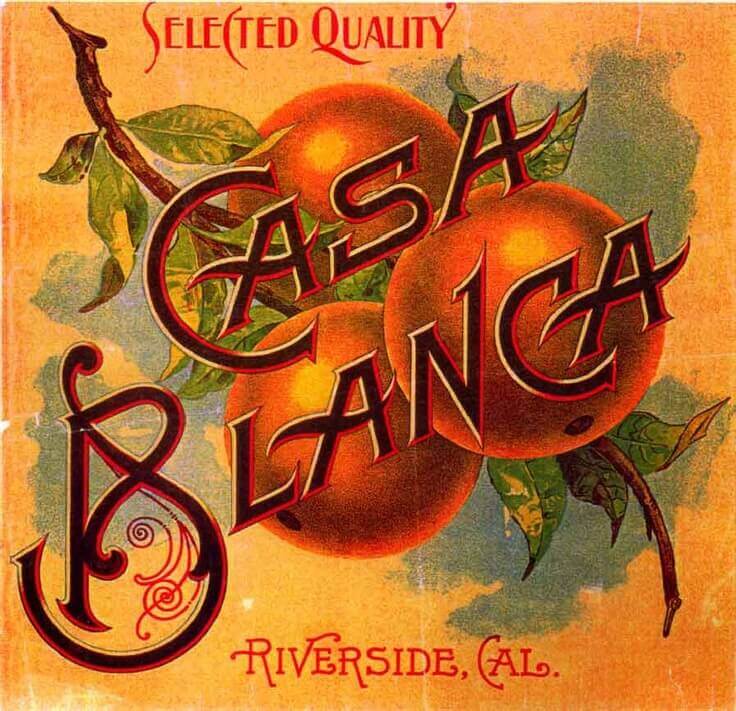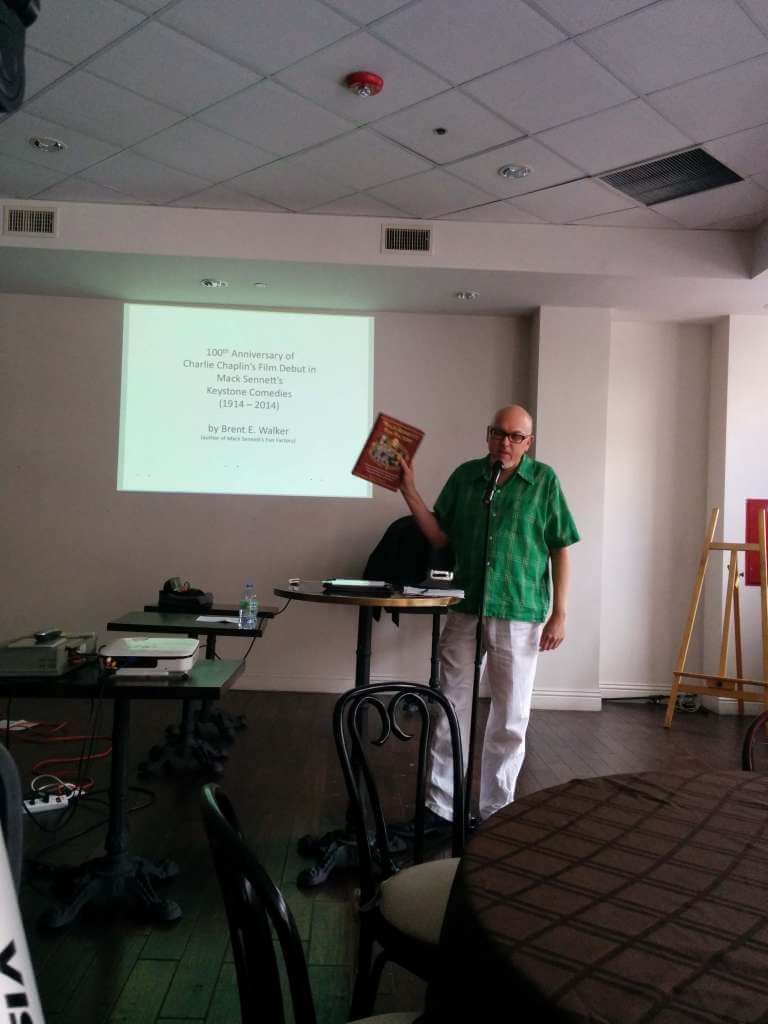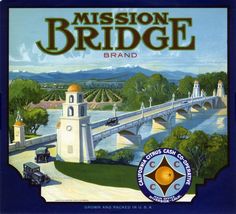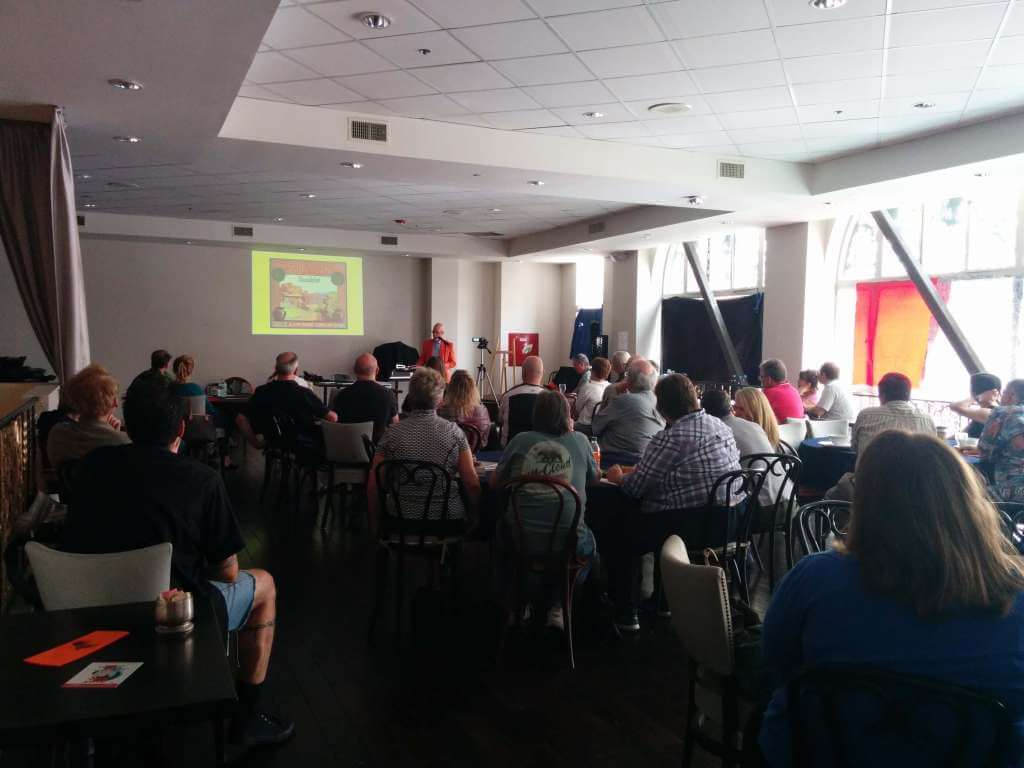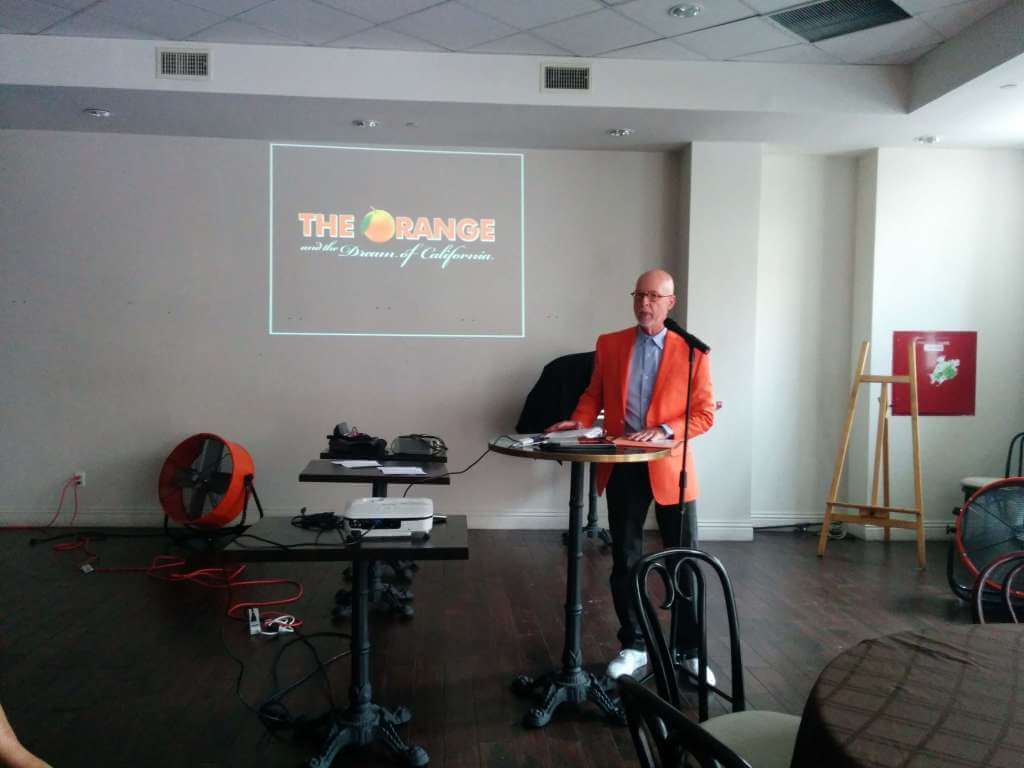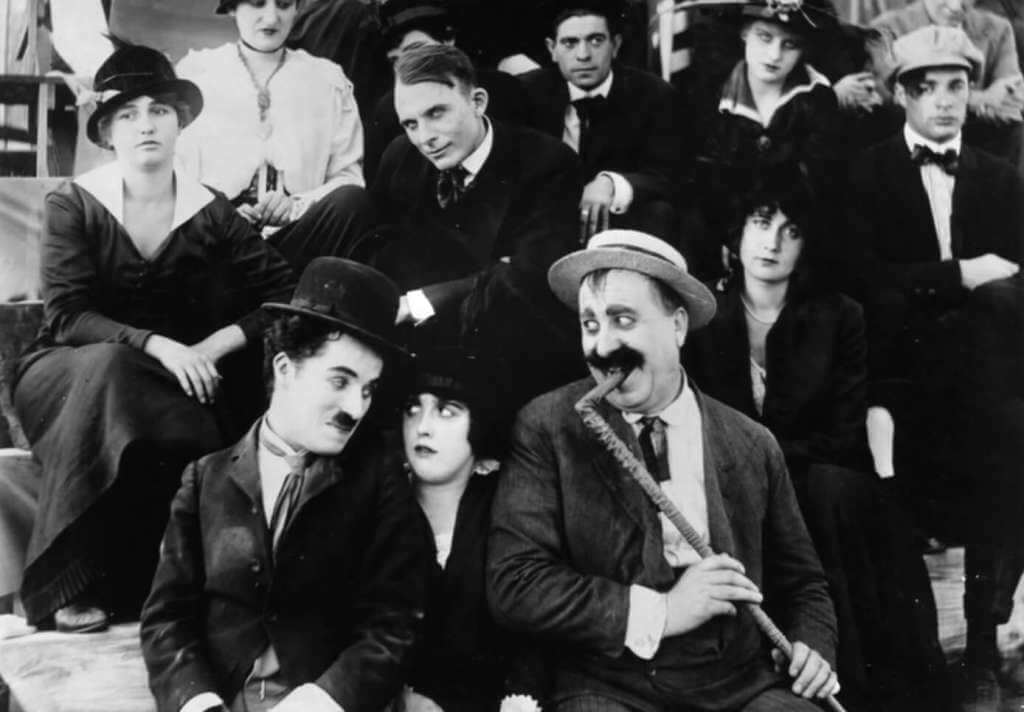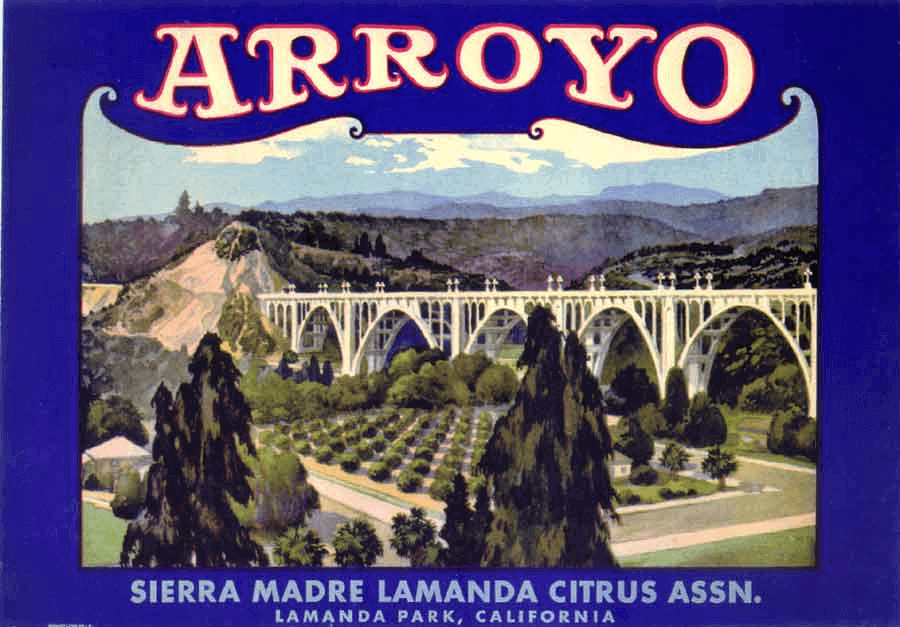LAVA Salon July 2014
Join LAVA for our revived free monthly Sunday Salon series. We return to South Broadway, to the mezzanine of Les Noces du Figaro, which was recently opened by the family behind Figaro Bistro in Los Feliz. This handsome space was formerly Schaber’s Cafeteria (Charles F. Plummer, 1928), and the mezzanine features wonderful views of the Los Angeles Theatre.
On the last Sunday of each month, LAVA welcomes interested individuals to gather in downtown Los Angeles (noon-2pm), for a structured Salon featuring formal presentations and opportunities to meet and connect with one another.If you’re interested in joining LAVA as a creative contributor or an attendee, we recommend Salon attendance as an introduction to this growing community. We also recommend the eclairs.
Read about the original Sunday Salon at Clifton’s Cafeteria here.
Presentation One The Mystique of the Orange.
Cloaked in mystery and available only to the elite until modern times, the orange has been known as the fruit of the gods, the food of emperors, a token of gratitude and a symbol of health, wealth and love. Since it entered history, the dream of California has been that it is a place of plenty, of potential, of personal opportunity. The orange became a glowing symbol of this dream. David Boulé, author of the recently released The Orange and the Dream of California (Angel City Press), will take a lively, literary and extraordinarily visual look at this colorful and captivating history and reveal the tremendous impact of the orange on the culture and development of California, and how these two entities have built on one another to feed the imagination and conjure a compelling fantasy.
A third generation Californian, David has a lifelong fascination with the history, culture, achievements and uniqueness of the region. “The enduring image of California as paradise and the orange as unique among all fruit is because, partially, these things are true. These traits have then been magnified by poets and boosters, artists and hucksters, songwriters and bureaucrats—with both artistic and commercial motivation—to appeal to people’s continuing desire to believe that such exceptional perfection can really exist,” he says.
Presentation Two Charlie Chaplin & Keystone’s Centennial.
One hundred years ago, Charlie Chaplin made his film debut in Mack Sennett’s Keystone Comedies. Within the year, he would become the biggest star in motion pictures, going on to set filmmaking artistic standards that some feel have never be duplicated. During that first year of 1914, Chaplin filmed in various Los Angeles neighborhoods, and—in several cases—used actual events (ranging from the dedication of a Wilmington wharf to various auto races on streets and tracks) as a backdrop for his comedies. Brent E. Walker, author of Mack Sennett’s Fun Factory, will take us on a guided tour of Chaplin in 1914, and the Los Angeles history revealed in these early comedies.
PLEASE NOTE: this Sunday Salon will be slightly longer than usual in order to accommodate three talks.
The second presentation will end at 1:45pm. The third presentation runs from 2:00pm-2:30pm, and will serve as an introduction to the Broadway On My Mind Walking Tour which immediately follows.
Presentation Three: Open Street Map & Historical Overlays
Join us as Charlotte Wolter explains how OpenStreetMap is creating an open, free map of the world that anyone can use.
It works by marshaling the energies and knowledge of tens of thousands of volunteers around the globe who contribute their time and local knowledge in a phenomenon known as “crowd-sourcing,” focusing this mass of people in a common effort for the common good.
[OpenStreetMap] is also a sophisticated technical effort, one in which some of the best minds in geographic / mapping science and computing have contributed their abilities to create the storage system that keeps all of OpenStreetMaps’ huge data files safe and quick to access.
These programmers also have helped to develop an online mapping interface that make it easy for anyone to contribute to OpenStreetMap. If you have an interest in the history of a place, OpenStreetMap (and its corollary, OpenHistoricalMap) are here to provide a way to put that history, literally, on the map.
If you’d like to map historical sites that still exist, you’ll use OpenStreetMap. For lost locations, OpenHistoricalMap is the place where contributors can provide reconstructions of places that existed in the past, whether the buildings still exist today or not.
In this presentation, you will have an opportunity to try your hand at contributing to OpenStreetMap, using your knowledge of historic sites in Los Angeles. You can even bring your laptop computer if you’d like to learn how to edit Open StreetMap at home. The tools and techniques you’ll discover in this presentation will also be useful if you’d like to add lost locations to OpenHistoricalMap .
The Salon will be followed by a free walking tour, The Flaneur & The City: Broadway on My Mind walking tour #11. Please visit the tour series Landing Page for videos and descriptions of past tours and the goals of the series.
